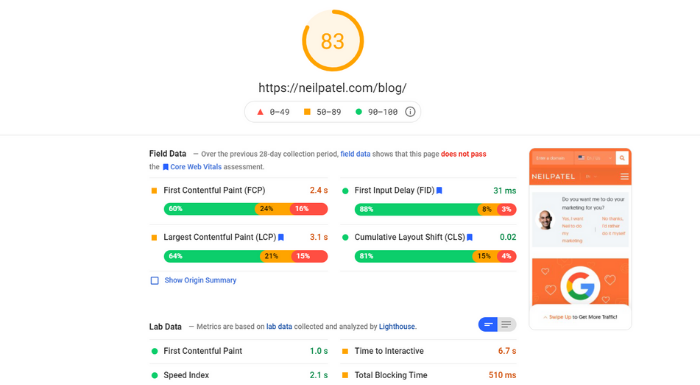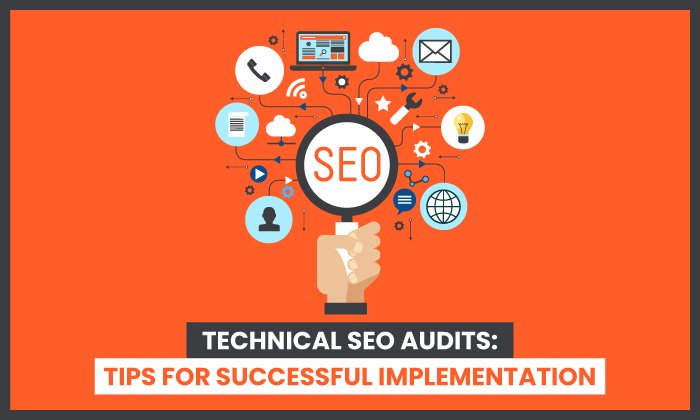8 Must-Know SEO Best Practices For Developers

By Neil Patel
Web development and search engine optimization (SEO) become increasingly intertwined as search engines become more intelligent. Therefore, experts in both fields need to have a basic understanding of the other.
Today, I’m speaking to web developers. While you can leave the nitty-gritty to the SEO experts, the best practices I’ll talk about in this piece could help you communicate with your team, raise your brand image, and provide better services to your customers. In this post, learn the 8 best practices for SEO for developers.
What Do Developers Need to Know About SEO?
If you’re responsible for building and maintaining a website, you’re also partially responsible for making sure it can rank in the search engines.
SEO is often broken down into three categories:
- technical SEO: how search engine bots crawl and index a website
- on-page SEO: how well the content on the site is optimized for target keywords and user experience
- off-page SEO: how other websites link to your website to boost its authority
Naturally, developers play a big part in technical SEO, but this isn’t where SEO for developers should end. They also help ensure a positive user experience, which can help with on- and off-page SEO.
Here are eight best SEO practices developers can focus on to take their efforts to the next level.
1. Keep Your Code Clean
Web developers can do so many amazingly intricate things, but it pays to keep things simple more often than not.
Consumers value convenience more than almost anything else. We want quick access to information, and everything that gets in the way damages the user experience. More complicated code can lead to more roadblocks for site visitors.
Keeping your code clean is one of the first steps in SEO for developers. When people land on a website, they make quick-fire decisions about whether it’s worth the effort.
2. Keep Load Times Fast
Building on the point about complicated code: load times are vital to SEO.
Search engines want to send users to websites that quickly and accurately answer their questions.
If another website can deliver comparable information twice as fast as yours, Google will likely prioritize them on search engine results pages (SERPs).

Even if load times weren’t a direct ranking factor, this would still be a big issue.
A page’s load time directly impacts its bounce rate. For example, pages that take two seconds to load have an average bounce rate of six percent. At four seconds, that rate jumps to 24 percent, and once a mere six seconds have passed, 46 percent of visitors are gone.
When Google sees people bouncing straight back to the search results, it likely thinks your page isn’t valuable and assigns less ranking power.







